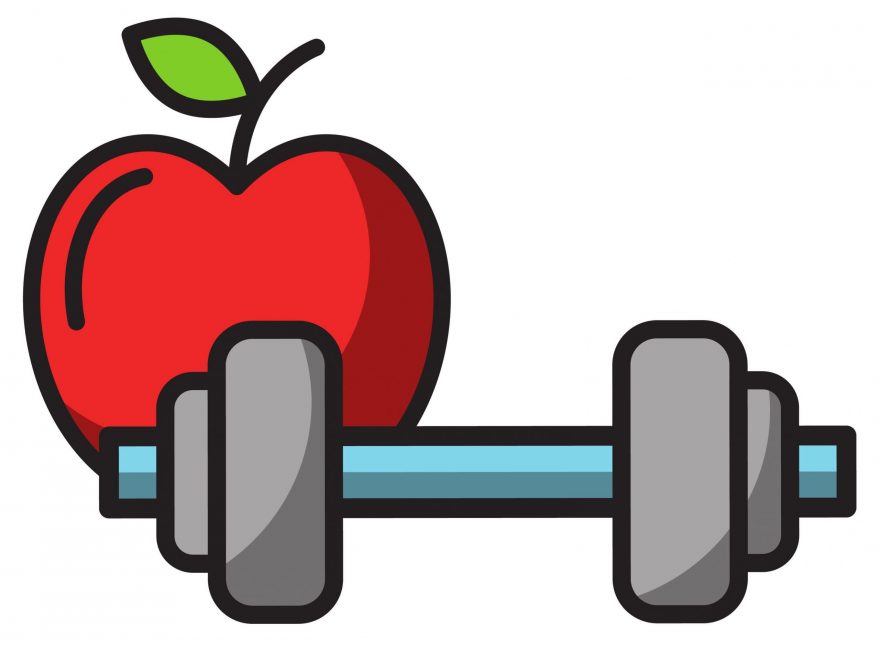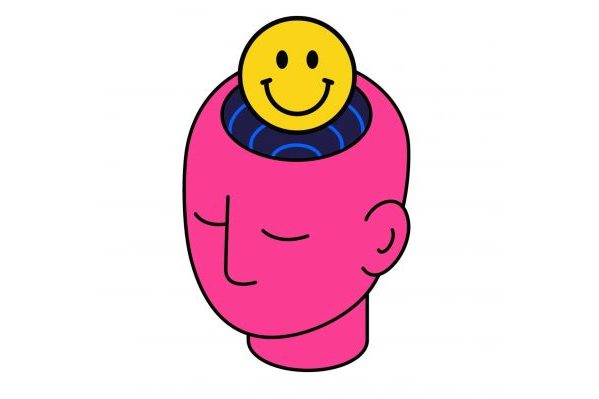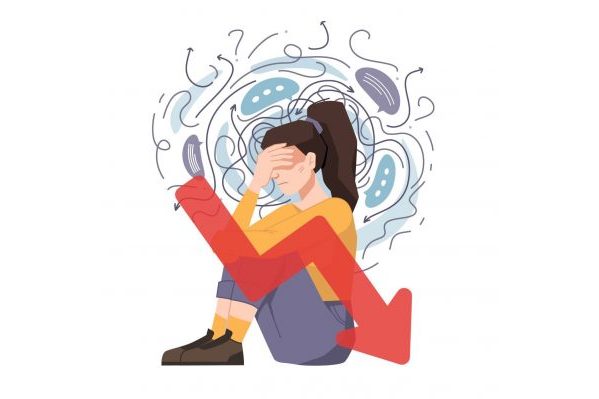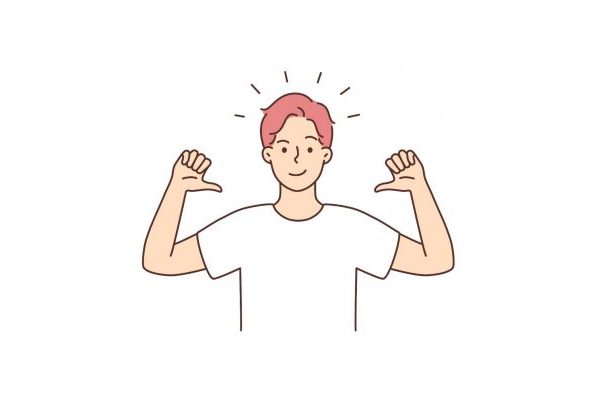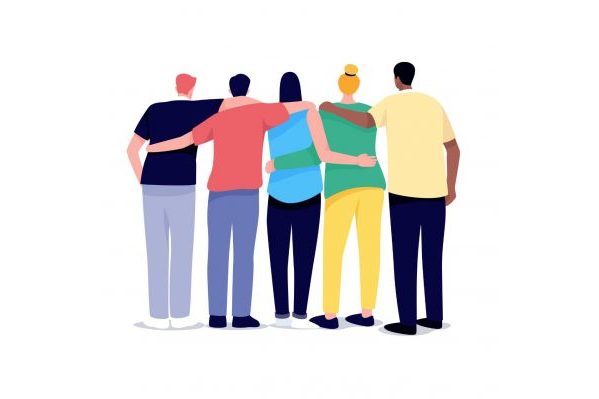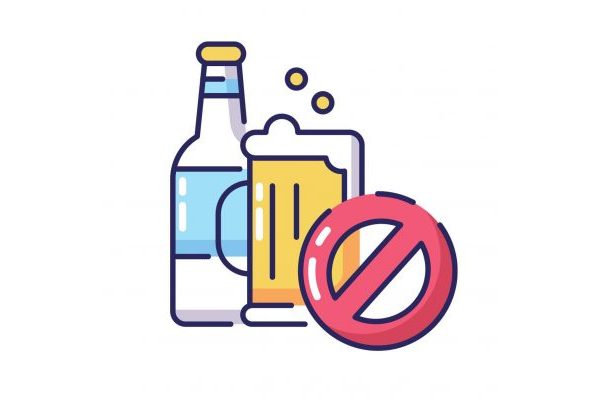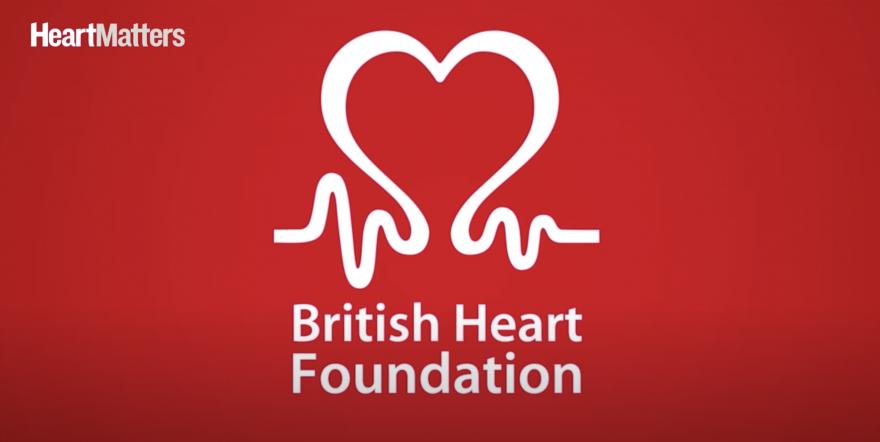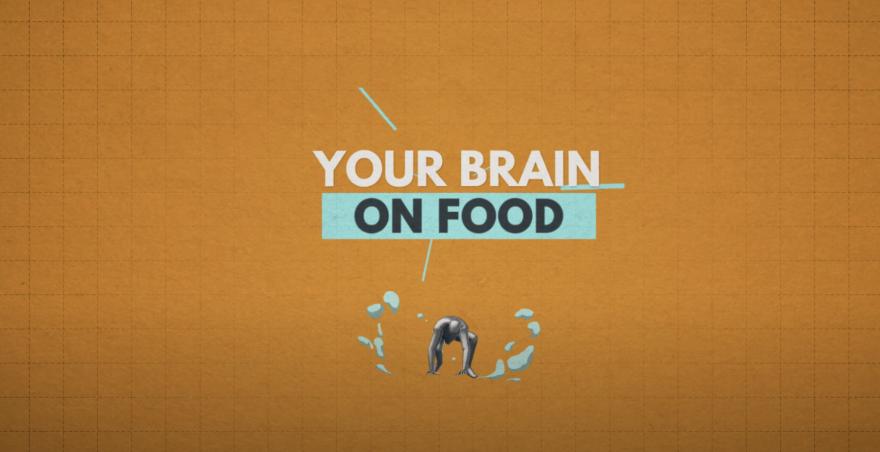Why it's important to be active
Exercise is an essential component of a healthy lifestyle. Exercise not only benefits our physical health but also our mental health. Everything from yoga to weightlifting, walking, swimming, or even dancing, is excellent for our well-being. Here are 6 things exercise can do for you:
How much exercise is enough?
Doing 30 minutes or more of exercise a day for three to five days a week may significantly improve depression or anxiety symptoms. But smaller amounts of physical activity — as little as 10 to 15 minutes at a time — may make a difference. It may take less time exercising to improve your mood when you do more-vigorous activities, such as running or bicycling.
The mental health benefits of exercise and physical activity may last only if you stick with it over the long term - another good reason to focus on finding activities that you enjoy. Start slowly and gradually increase the frequency, duration, and intensity of your exercise to help make physical activity a regular part of our routine.
Watch the video on the left, created by the British Heart Foundation, describing what happens to your body when you start exercising.
How do you get started - and stay motivated?
Starting and sticking with an exercise routine or regular physical activity can be a challenge. These tips can help your journey:
What is healthy eating?
Healthy eating means making choices that nourish our bodies with the nutrients they need to function optimally. This includes consuming a variety of fruits, vegetables, whole grains, lean proteins, and healthy fats.
Moderation is important in healthy eating because it allows for a balanced approach to consuming a wide variety of foods. Depriving oneself of certain foods altogether can lead to feelings of frustration and deprivation, which can lead to unhealthy food cravings and overeating.
Why should you eat a healthy diet?
Eating a healthy, balanced diet is key pillar of overall wellbeing and plays a crucial role in maintaining good health - mentally and physically. It involves consuming a balanced combination of nutritious foods that provide essential vitamins, minerals, and other vital nutrients. Eating a balanced diet has numerous health benefits, such as:
What does healthy eating look like?
It is never too late to start eating healthy. While it may take a little bit of effort and time to build healthy eating habits, it is worth it in the long run. There are many simple changes that can be made to promote healthy eating, such as cooking at home, reducing processed food intake, and increasing whole food intake. The NHS recommends the following:
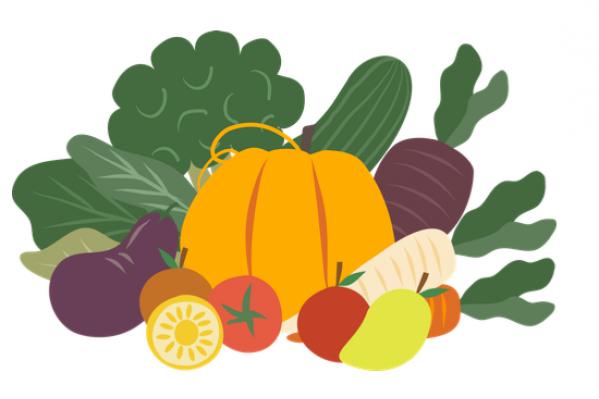
Fruit & Vegetables
You should be aiming for at least 5 portions of a variety of fruit and vegetables every day. Think of the rainbow and try eat a variety of colours as this means you have a good variety of nutrients! This should make up 40% of your diet.
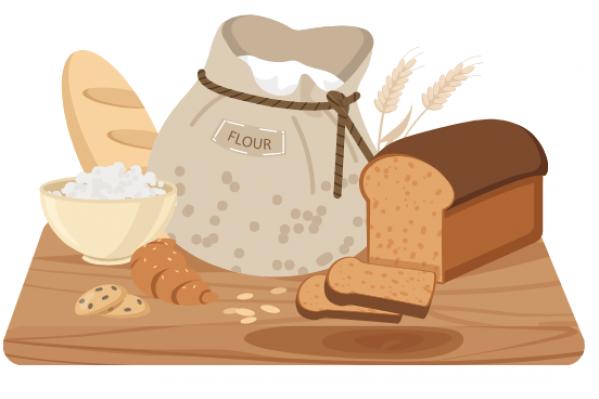
Carbohydrates
Base meals around potatoes, bread, rice, pasta, and other starchy carbohydrates – choosing wholegrain options where possible. This should be 38% of your diet.
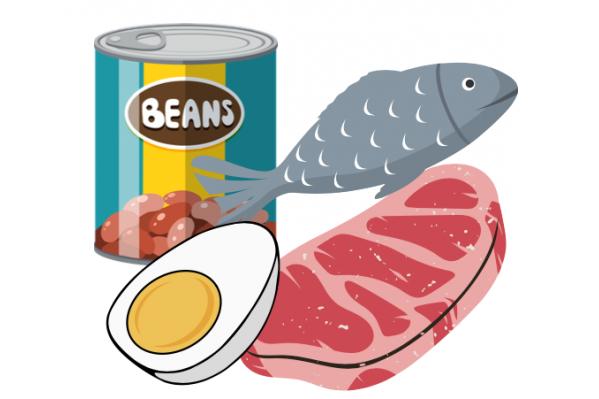
Protein
Eat a variety of protein: meat, beans, fish, eggs, pulses, and other proteins. When it comes to fish, try to eat 2 portions every week, one if which should be oily (such as salmon, trout, mackerel, anchovies, sardines and herring). This should be 12% of your diet.
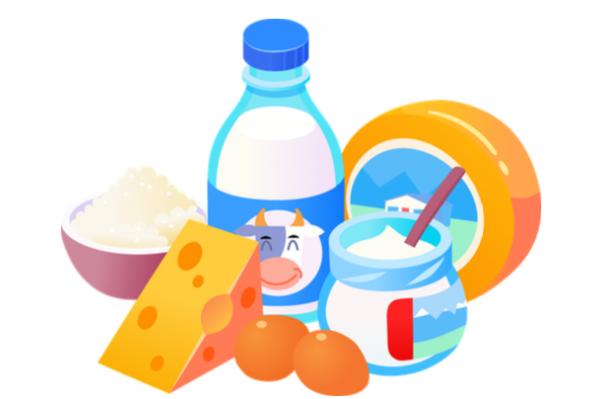
Dairy / Dairy Alternatives
Have some dairy or dairy alternatives, choosing low fat and low sugar options. There are plenty diary alternatives (soy, oat, coconut, cashew, etc.) This should be 8% of your diet.
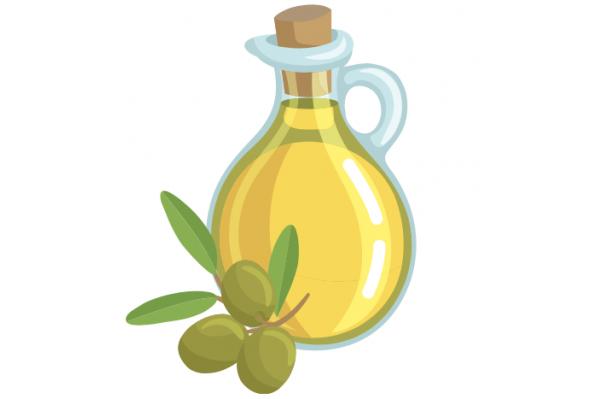
Fats
Choose unsaturated oils (such as olive oil) and spreads, and natural fats like avocado. These should only be eaten in small amounts, making up about 1% of your diet.
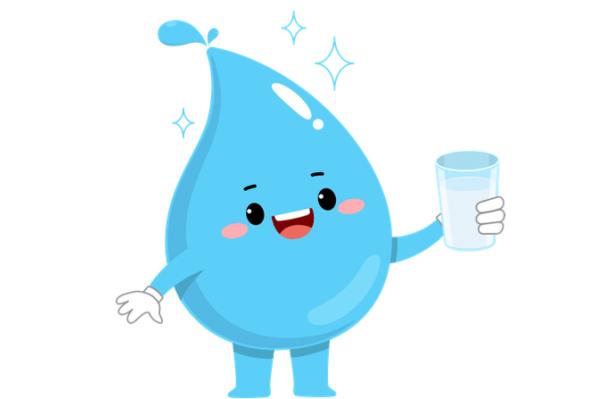
Water
Water is an incredibly crucial part of a healthy diet. We absolutely need water for our brain and body to function properly. Aim for 2 – 3 litres every day, depending on your sex and weight. That’s about 8+ glasses at the very least. Drink up!
Tools for a healthy body and mind
Support Services
We understand that some of the information on this page might be triggering for some individuals. Please use the support services below to reach out, or contact someone from the MyMynd team.
Beat is the UK’s main eating disorder charity. Founded in 1989 as the Eating Disorders Association, their mission is to end the pain and suffering caused by eating disorders.
As per Beat’s website, they state:
“People can contact us online or by phone 365 days a year. We listen to them, help them to understand the illness, and support them to take positive steps towards recovery. We also support family and friends, equipping them with essential skills and advice, so they can help their loved ones recover whilst also looking after their own mental health. And we campaign to increase knowledge among healthcare and other relevant professionals, and for better funding for high-quality treatment, so that when people are brave enough to take vital steps towards recovery, the right help is available to them.”
Overeaters Anonymous (OA) is a community of people who support each other in order to recover from compulsive eating and food behaviours. They welcome everyone who feels they have a problem with food. All you have to do is join a meeting, whether that be a local face-to-face or an online virtual meeting today.
What is the Hub of Hope?
The Hub of Hope is the UK’s leading mental health support database, bringing a range of local, national, peer, community, charity, private and NHS mental health support services together in one place.
The Hub is a signposting service designed to guide people towards appropriate support for their individual needs/preferences. It is available to everyone, not just those who are in crisis, and allows individuals to search for services tailored to their particular concerns.
How to use it
1. Enter your postcode in the location search bar or click on the “click to find nearby services” button. You will then be presented with a list of all the mental health support services in your local area that are registered to the Hub of Hope.
2. Use the filter buttons at the top of the page to refine your results according to service type e.g. NHS/private sector and area of concern e.g. anxiety/depression.
3. Click on each service individually for further information on their exact location, opening hours and areas of expertise. Most services list their contact details alongside a link to their own website.
